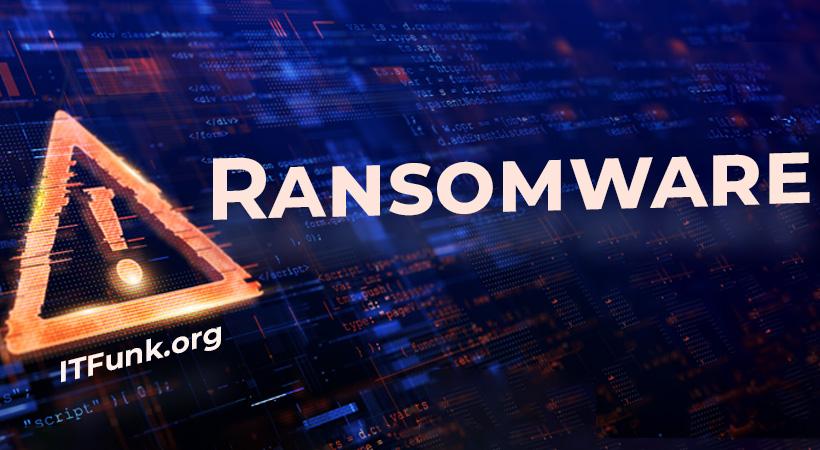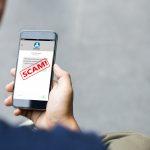In the evolving landscape of cybersecurity threats, a new ransomware variant known as Shuriken has emerged, causing significant concerns for users. This article delves into the details of Shuriken ransomware, outlining its actions, consequences, and providing insights on protection and prevention measures.
Shuriken Ransomware
Shuriken is a malicious software that encrypts files on the victim’s computer, rendering them inaccessible. This ransomware variant exhibits a distinct modus operandi, leaving encrypted files with the “.Shuriken” extension and appending specific information to filenames. Victims are then presented with ransom notes, urging them to contact the attackers for file decryption.
Actions of Shuriken Ransomware
- File Encryption: Shuriken encrypts files on the victim’s system, making them unreadable. It employs the “.Shuriken” extension, visibly altering filenames.
- Ransom Notes: The ransomware generates two ransom notes – “READ-ME-SHURKEWIN.txt” and a pre-login screen message. These notes instruct victims on how to contact the attackers for decryption.
- Contact Information: The provided contact information includes the email address decryption@msgsafe.io, an alternative decryptor@waifu.club, and a Telegram contact @ShurikenAdmin.
Consequences for Victims
- File Inaccessibility: Encrypted files become inaccessible, hindering normal use and potentially causing data loss.
- Ransom Demands: Victims are coerced into paying a ransom in cryptocurrency for the promise of file decryption. However, paying does not guarantee recovery, and it is generally discouraged.
Detection Names for Shuriken Ransomware:
- Avast: Win32:RansomX-gen [Ransom]
- Combo Cleaner: Gen:Variant.Ransom.LokiLocker.24
- ESET-NOD32: A Variant Of MSIL/Filecoder.LokiLocker.D
- Kaspersky: Trojan.MSIL.Dnoper.dpu
- Microsoft: Trojan:Win32/ClipBanker.MR!MTB
Similar Threats
Users should remain vigilant against similar ransomware threats, such as Empire, Tutu, and Rapid, which share the malicious intent of encrypting files for extortion.
Prevention and Protection Measures:
- Email Security: Exercise caution with email attachments, especially from unknown or untrusted sources. Avoid opening attachments or clicking on links from suspicious emails.
- Software Updates: Regularly update operating systems and software to patch vulnerabilities that could be exploited by ransomware.
- Security Software: Employ reputable antivirus or antimalware software for real-time protection against ransomware and other threats.
- Backup Important Data: Regularly back up important files to an external and secure location. This ensures the ability to recover data without succumbing to ransom demands.
- Avoid Pirated Software: Refrain from downloading software or files from untrustworthy sources, as these may harbor malware.
Conclusion
Shuriken ransomware poses a serious risk to user data and privacy. Understanding its actions, refraining from paying ransoms, and adopting proactive security measures are essential to safeguarding against such threats. By staying informed and implementing best practices, users can fortify their defenses against ransomware attacks and contribute to a more secure online environment.





